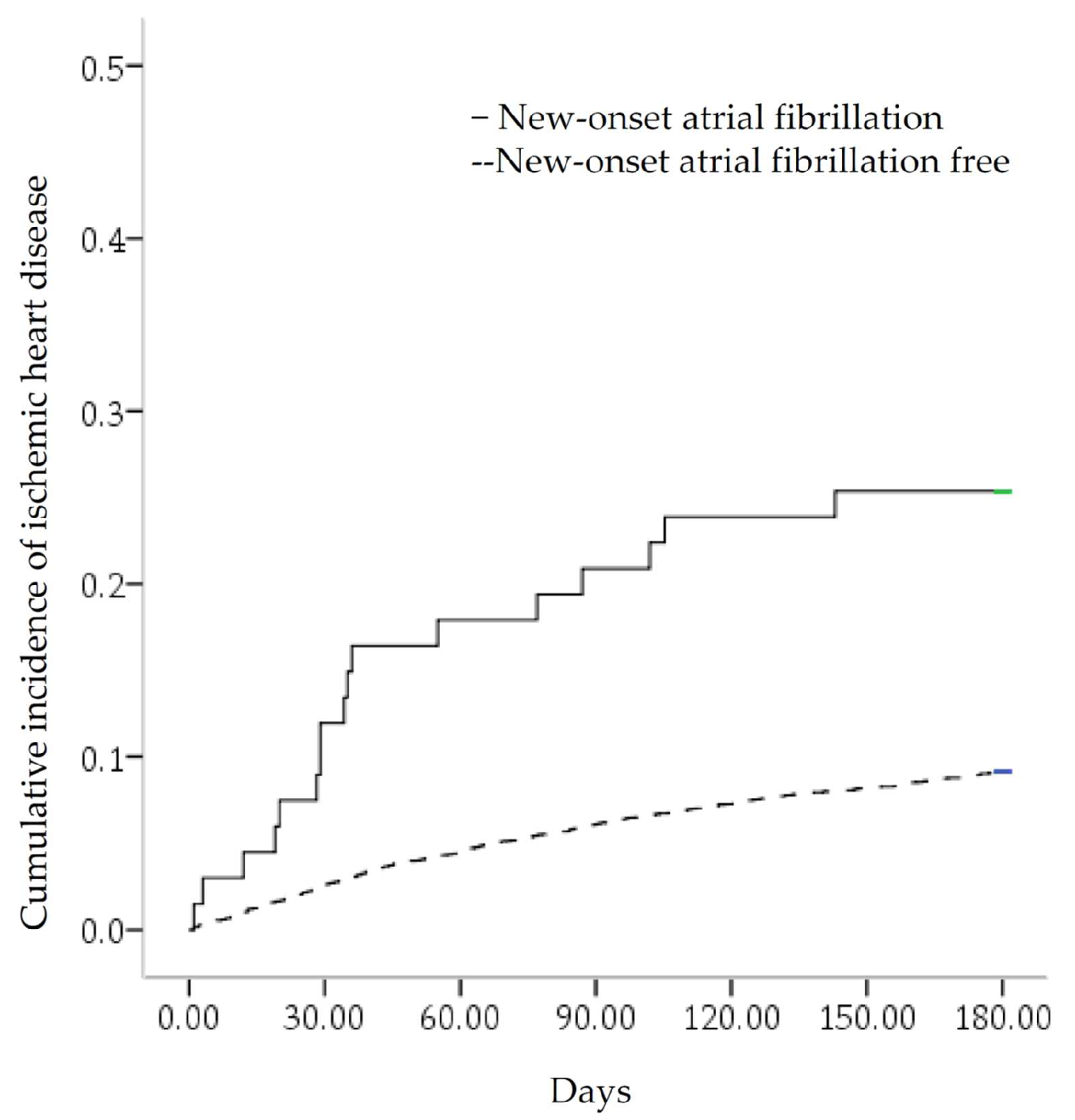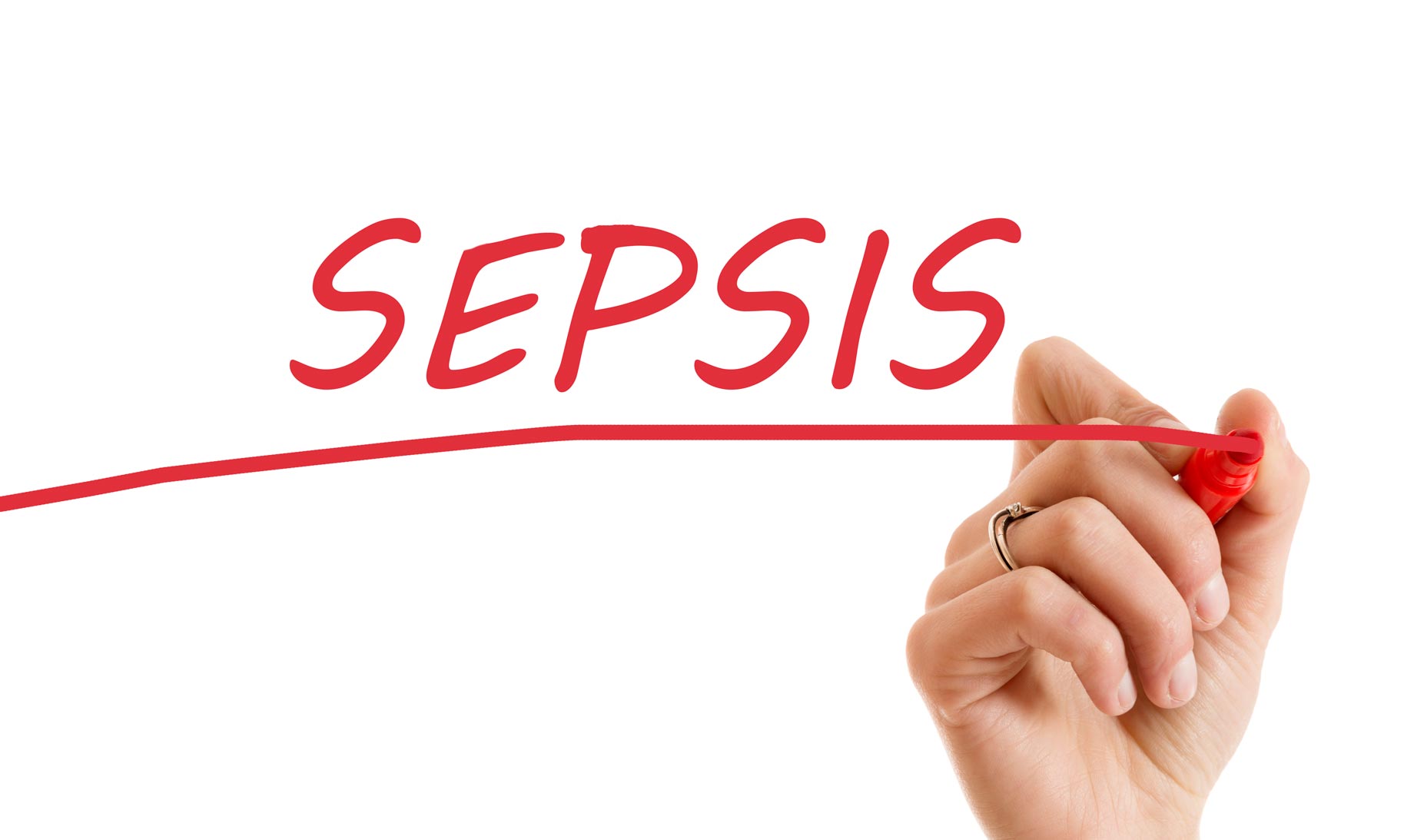

Apnea may be accompanied by a slow heart rate called bradycardia. Apnea is when a baby stops breathing for more than 15 seconds. A baby may take a long breath, then a short one, then pause for 5 to 10 seconds before starting to breathe normally. An infant with breathing problems may be given medicines, a mechanical ventilator to help him breathe, or a combination of these two treatments.Īpnea: Premature babies sometimes do not breathe regularly. Full-term babies also can develop breathing problems due to complications of labor and delivery, birth defects and infections. Anemic infants may be treated with dietary iron supplements, drugs that increase red blood cell production or, in some cases, a blood transfusion.īreathing problems: Premature babies often have breathing problems because their lungs are not fully developed. Loss of blood from frequent blood tests also can contribute to anemia. Infants born too soon may not have had enough time to store iron. Normally, the fetus stores iron during the latter months of pregnancy and uses it after birth to make red blood cells. This means that they do not have enough red blood cells.

To find out more information about specific conditions, ask our health experts.Īdditional information and support for families with babies in the NICU can be found at Share Your Story, the March of Dimes Web site for NICU families.Īnemia: Premature babies are often anemic.

We encourage you to read only what you feel would be helpful to you and your child's particular circumstances. The conditions listed may not be relevant to your baby's situation. What are some common health conditions babies have in the NICU? Premature babies and other very sick newborns face some of the same medical issues.


 0 kommentar(er)
0 kommentar(er)
